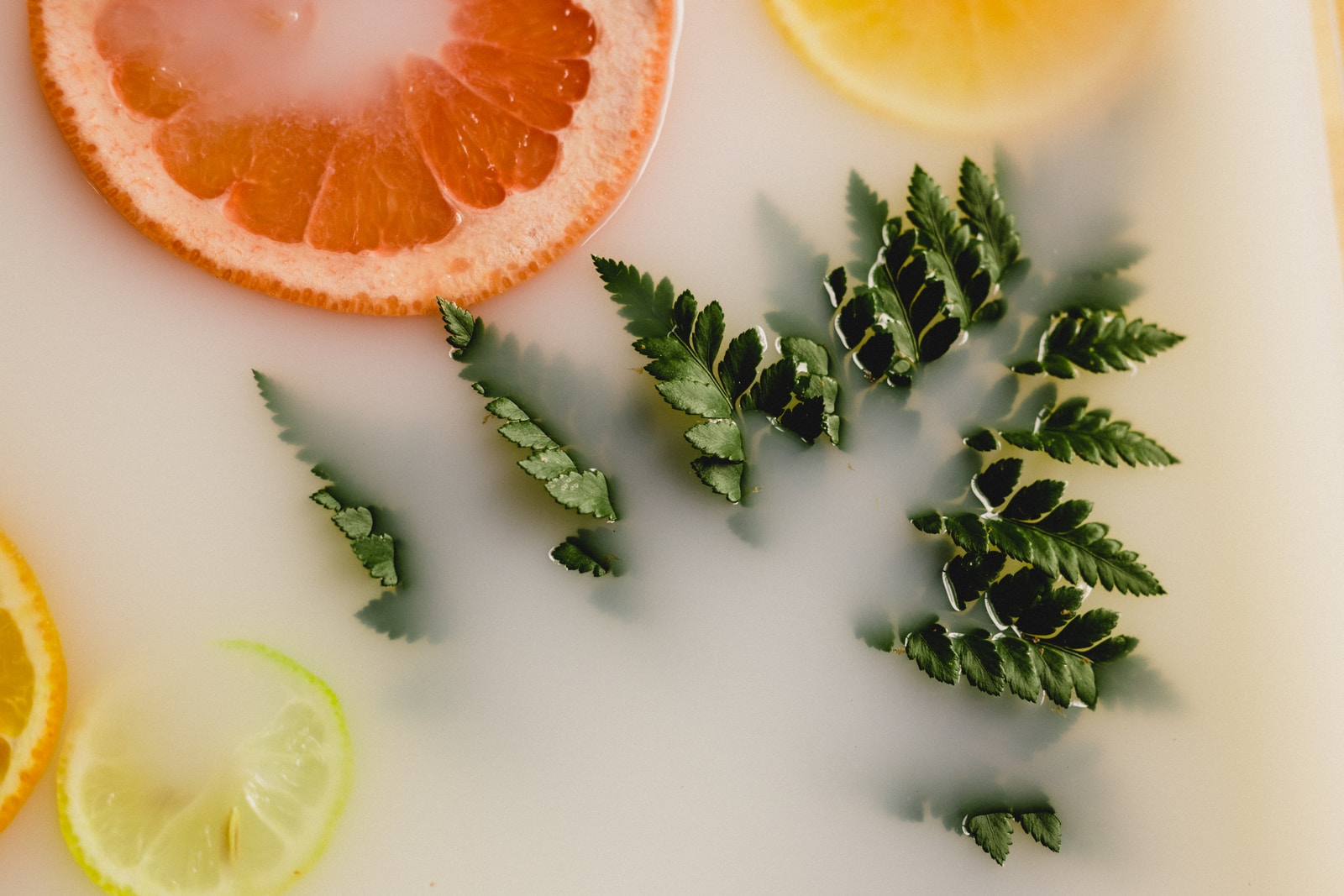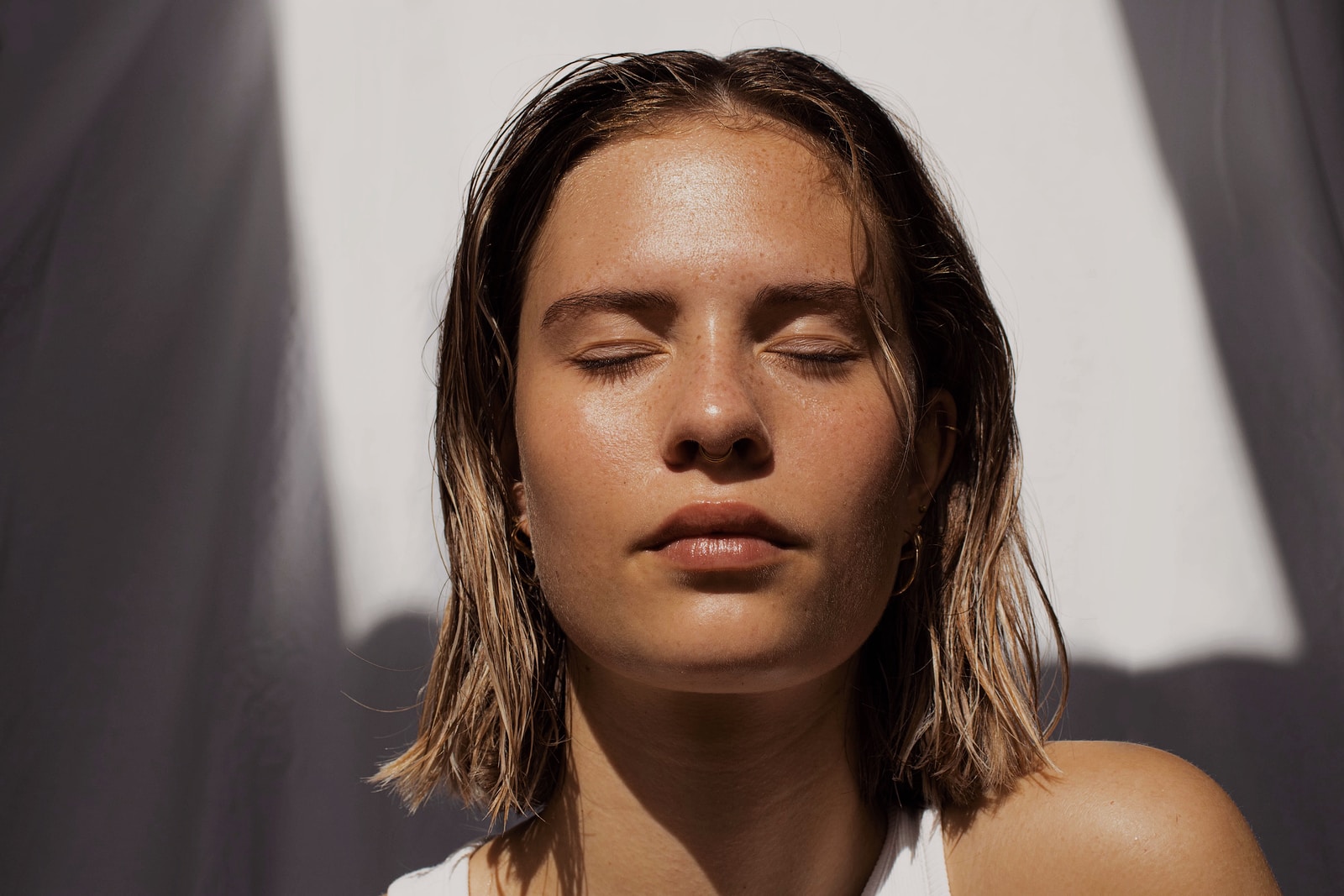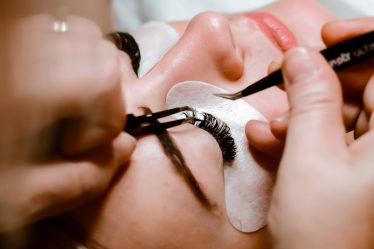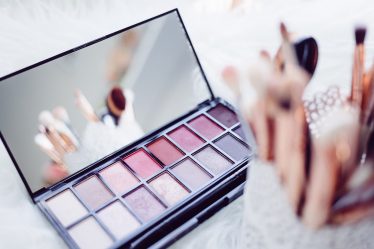
Even if you use the best cleansers, moisturizers and serums, your skin won’t look its best unless you have all the nutrients it needs to stay healthy.
Skin will look more radiant and beautiful if it is well-nourished. Here are some essential vitamins that you need to add to your beauty routine in order for the best skin.
First, to apply or take?
You can take many vitamins either as an oral supplement, or get them from food. Or you can put them on your skin. Which is better?
While topical application can affect the skin immediately, oral supplements have a long-lasting impact on your overall health. Instead of letting your skin take all the vitamin C, let your body disperse it to where it is needed.
Although vitamins taken orally won’t make a significant difference in the appearance of your skin, they will improve your overall health and skin quality over time.
However, this doesn’t necessarily mean that you shouldn’t apply topical products. This can also be a great way to nourish your skin. Oral intake of vitamins is best for your overall health and skin.
7 vitamins that will give you beautiful skin
1. Vitamin C
This is a well-known powerhouse. Vitamin C has two amazing benefits for your skin. It protects you from UV rays, and it helps to synthesize collagen. Unfortunately, this doesn’t mean that you should eat an orange and leave home without sunscreen.
Sunscreen is still necessary for complete UV protection. Vitamin C can be used to repair sunburns and provide additional protection.
This is a crucial topic regarding collagen. Collagen is what keeps skin firm and bouncy. Our skin begins to lose collagen as we age.
Vitamin C is known to aid collagen production. This means that your skin will look firmer and more lifted.
A University of Otago review found that topical vitamin C’s effectiveness is not clear. It worked in some cases, but not all.
But ingesting vitamin C works great. Vitamin C can be found in many fruits and vegetables. Vitamin C is particularly high in citrus fruits, cherries and berries as well as leafy greens.
Although you can take vitamin C supplements, it is better to get your C from food. You get all the nutrients and fiber that whole fruits and veggies offer, plus you can get vitamin C the old-fashioned, undiluted way.
2. Vitamin D
Vitamin D can be tricky, to paraphrase Run DMC’s words. Although the song was not about vitamin D’s relationship with good skin, it does sum up our point.
Vitamin D is not available from oral intake. Instead, it can be obtained by exposing the skin to sunlight. You think that it’s easy to just go outside and get vitamin D? It’s not so easy.
Sun exposure can also cause wrinkles and cancer. Vitamin D has been shown in studies to reduce skin conditions such as acne, rosacea and atopic dermatitis.
Vitamin D deficiency is increasing, and it affects over a billion people around the world. The sun can give your skin a boost of vitamin D, but it can also cause severe damage. It’s a trick.
How do you get vitamin D? Vitamin D is essential for skin and overall health. A supplement will give you the best results if you don’t like fish.
3. Vitamin E
Vitamin E, which has similar UV-fighting abilities to vitamin C, is an antioxidant that protects skin from sunburn.
Vitamin E is transported to your skin via sebum. This is the stuff that comes out your pores to protect your skin, but also makes your skin oily. Oily skin is good! Vitamin E in your sebum reduces sunburn and keeps your skin healthy and fresh.
There are mixed results when applying vitamin E topically. These free radicals can cause skin damage.
This damage is not severe, but you can apply a topical vitamin E if you don’t plan on going outside in the sun (like a face mask at p.m.) or eat food rich in vitamin E.
The vitamin is especially high in nuts, seeds, and goose meat. Avocado and salmon are also good options if you don’t plan on making a Dickensian-style roast goose anytime soon.
4. Vitamin K
Vitamin K is most well-known for its blood coagulation abilities. Captain K can be credited with ensuring that you don’t get any blood clots when you shave.
It is also known to heal skin conditions such as rosacea and spider veins. Although most people get sufficient vitamin K from their diets, if you need more, try leafy greens to get the highest concentration.
5. B Vitamins
Some skin conditions might be a symptom of lacking a certain array of vitamins. B vitamin complex includes vitamins B-1, B-2, B-3, B-5, B-6, biotin, folic acid, and B-12.
This B complex is important for vital body functions such as energy, metabolism, brain function, and memory. Low Bs can cause skin problems such as dry lips, cracked lips, skin rashes, and other symptoms not related to skin.
A B vitamin deficiency could be the solution to your rash or dry, scaly, and sensitive skin, especially around the mouth.
The ability to help with cell regeneration is also possible with B vitamins. A B Complex supplement is the best way to get the right amount. This allows you to get all the Bs in one convenient dose, which will help your body function well and make your skin glow.
6. Beta-carotene
Beta-carotene is another UV-fighter. Beta-carotene, which is found in carrots, is another powerful antioxidant that can protect your skin from sun damage.
Beta-carotene can make you less sensitive to the sun. However, this doesn’t mean that you should go out and take a pill. Sunblock is still the best option to protect your skin. But, beta-carotene might give you some extra protection against harmful rays.
Carrots are the best way to obtain beta-carotene. Leafy greens, squash and cantaloupe are also good options. You can usually get enough beta-carotene from food so supplementation is not necessary as long as you eat your vegetables.
7. Selenium
Although this is a bit of cheating since selenium technically is an essential mineral and not a Vitamin, it is really good for your skin, so it is worth mentioning.
Selenium is another powerful antioxidant that fights free radical damage and helps reverse skin damage and slow the signs of aging.
It aids in thyroid function which helps keep your metabolism in top shape. This in turn helps your body to metabolize all those wonderful vitamins that keep your skin glowing.
Like other vitamins, food is the best way to get selenium. Oysters, Brazil nuts and halibut are the best sources of selenium. However, you can also get it from sunflower seeds, chicken breast and certain mushrooms.
TL;DR
- Skin care doesn’t have to be superficial. You need to take nutrients from food and supplements as well as what products you use on your skin.
- Before making any major changes to your diet, make sure you consult your doctor.
- Finally, many supplements are not FDA-approved and unregulated. Do your research before you begin popping vitamins.




